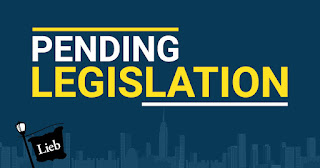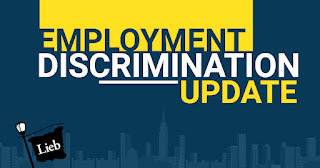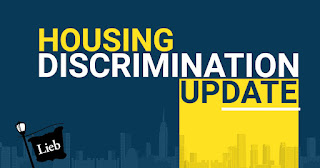NYS' Senate passed a bill, S345, on February 28, 2024, that would change the look-back period (a/k/a, statute of limitations) for employment discrimination in the State from 3 years to 6 years.
Under Title VII, federally, employees only have 300 days to bring claims so moving the deadline for state claims from 3 years to 6 years would be huge.
How long is the right period that employees should be able to sue for employment discrimination?
Do you think the Assembly should pass this bill or let it die like they did last time around?

















